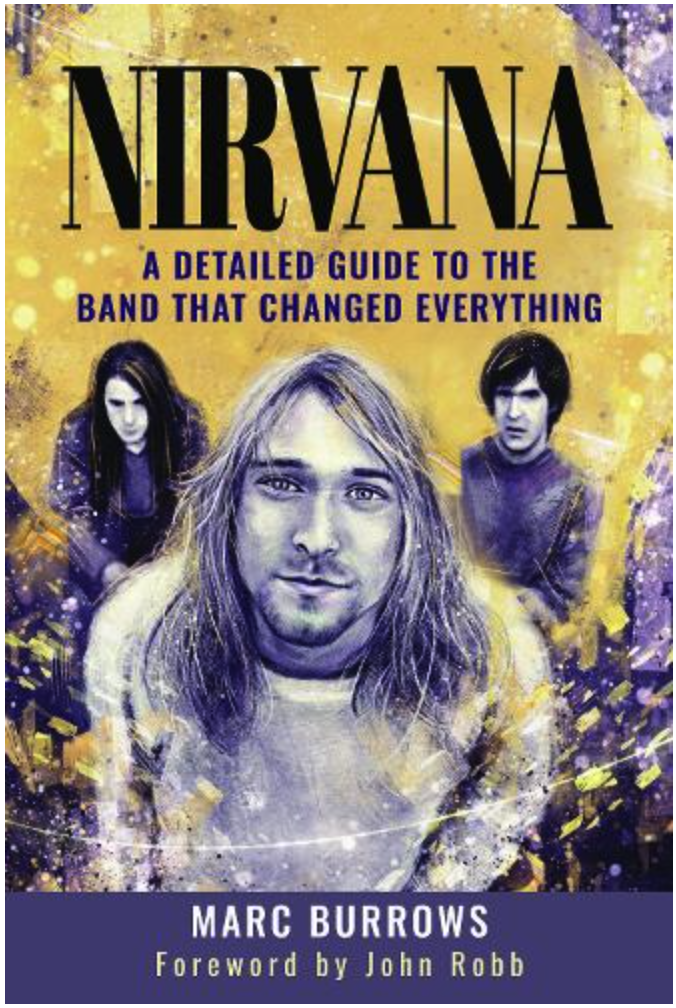Thirty years ago this month Nirvana released Unplugged In New York, the live acoustic album recorded as part of MTV’s Unplugged series. It’s a brilliant record, so good in fact, that for many it sits up there with the band’s best – their true fourth album, held as dearly as Bleach, Nevermind and In Utero.
There could, of course, be no “new” Nirvana records – Kurt Cobain’s life had come to a sudden, jarring and horrible end just six months after that performance. The sometimes-beautiful, sometimes-stark Unplugged seemed more than a suitable coda to the band’s short career. At the time it felt like a glorious epitaph. A celebration of a perfect moment. A poignant final statement.
In truth, however, Unplugged wasn’t the final anything. It was just the beginning. With it, Nirvana had entered their afterlife – an afterlife that would last far longer than Cobain’s time as an inhabitant of planet Earth. Unplugged was followed every couple of years with compilation albums and box sets until, having more or less emptied the vault of the unreleased stuff, the band’s label and management, surviving members and Cobain’s estate turned their attention to reissues, with bonus-laden, remastered deluxe editions of Bleach, Nevermind, In Utero and Unplugged itself. The 30th anniversary edition of In Utero, released last year, went for £250.
Meanwhile, the band’s logo started cropping up on every imaginable piece of merchandise. T-shirts, of course, now available in Primark; socks, towels, mugs, bags, patches, Funko Pop figurines and expensive watches… because nothing says alternative rock like a designer watch. When Cobain’s life ended so abruptly in April 1994, Nirvana ceased forever to be a band. They would live on as something else: a brand. And brands care very little for art. What they need is content, and Nirvana™ is no exception.
It’s hardly a unique story. All music legends have an afterlife: The Beatles’ brand is practically an industry in itself, one powered by remixed and remastered reissues, documentaries, endless, endless merchandise of every conceivable sort and Paul McCartney turning up to do Hey Jude at the opening of any suburban leisure centre that will have him.
- Now and Then: is it time for Beatles fanboys to finally let it be?
- ‘We haven’t done enough’: Why arenas need to step up and support grassroots music venues
Similar industries have been created out of Joy Division, The Doors, Hendrix and Bob Marley. David Bowie’s post-vital business is especially well thought through – not a surprise, since he planned a lot of it out meticulously while he was still alive – while ABBA are so good at branding they’ve been playing a residency in London for three years now without ever having to leave Sweden or speak to each other.










